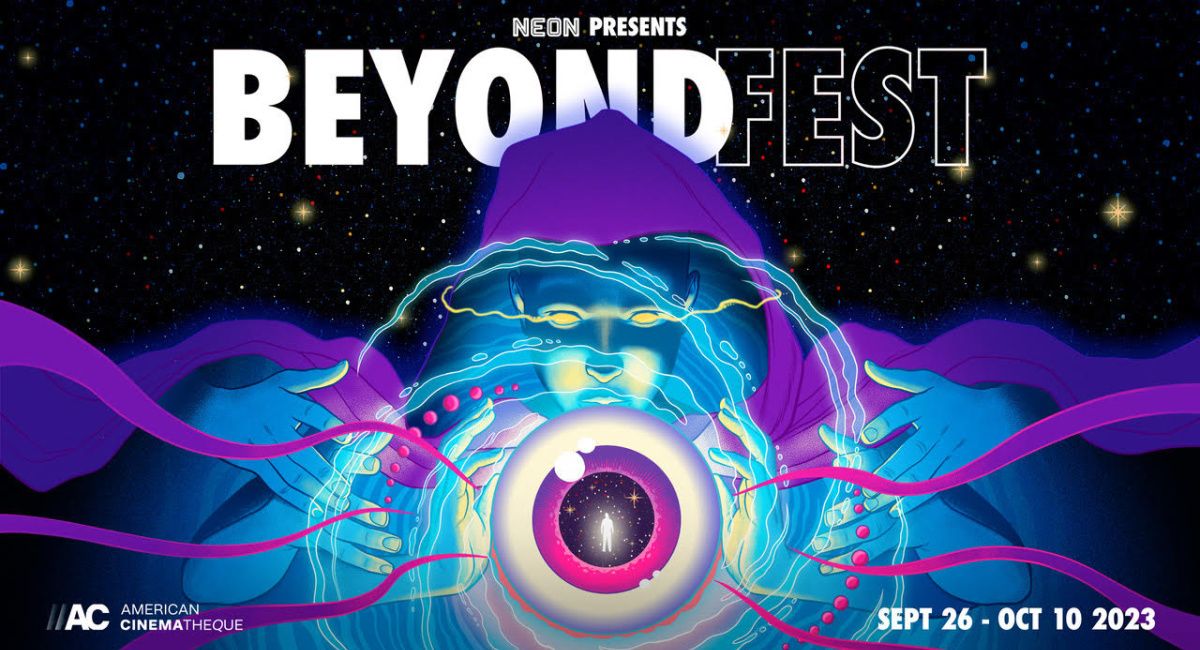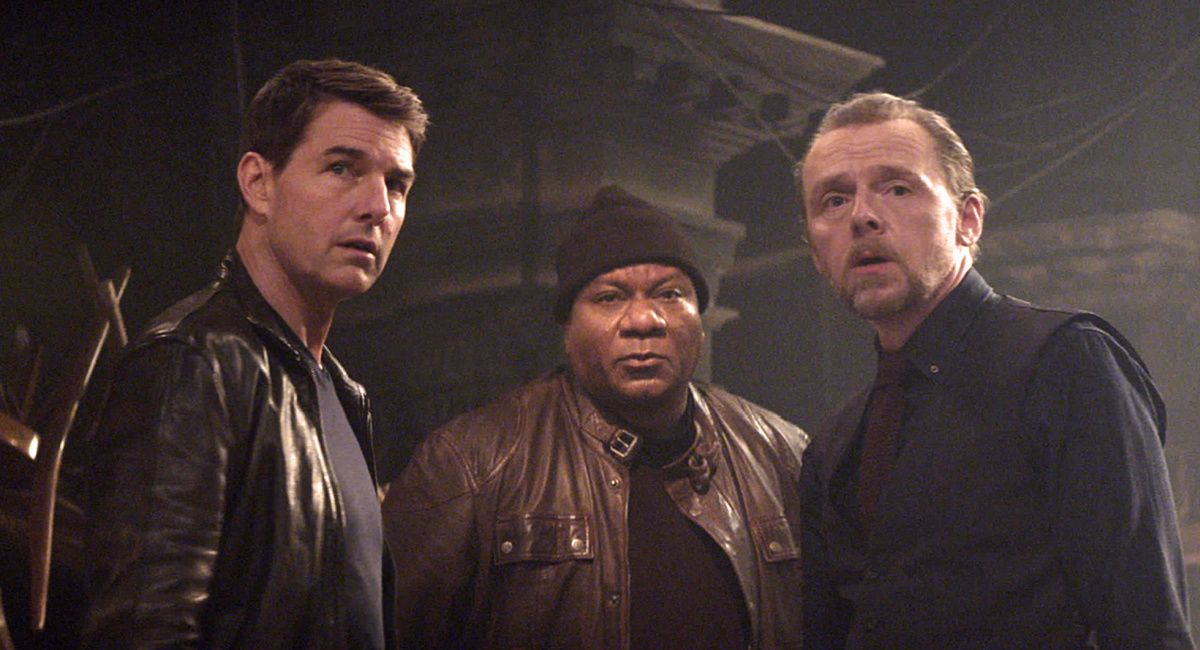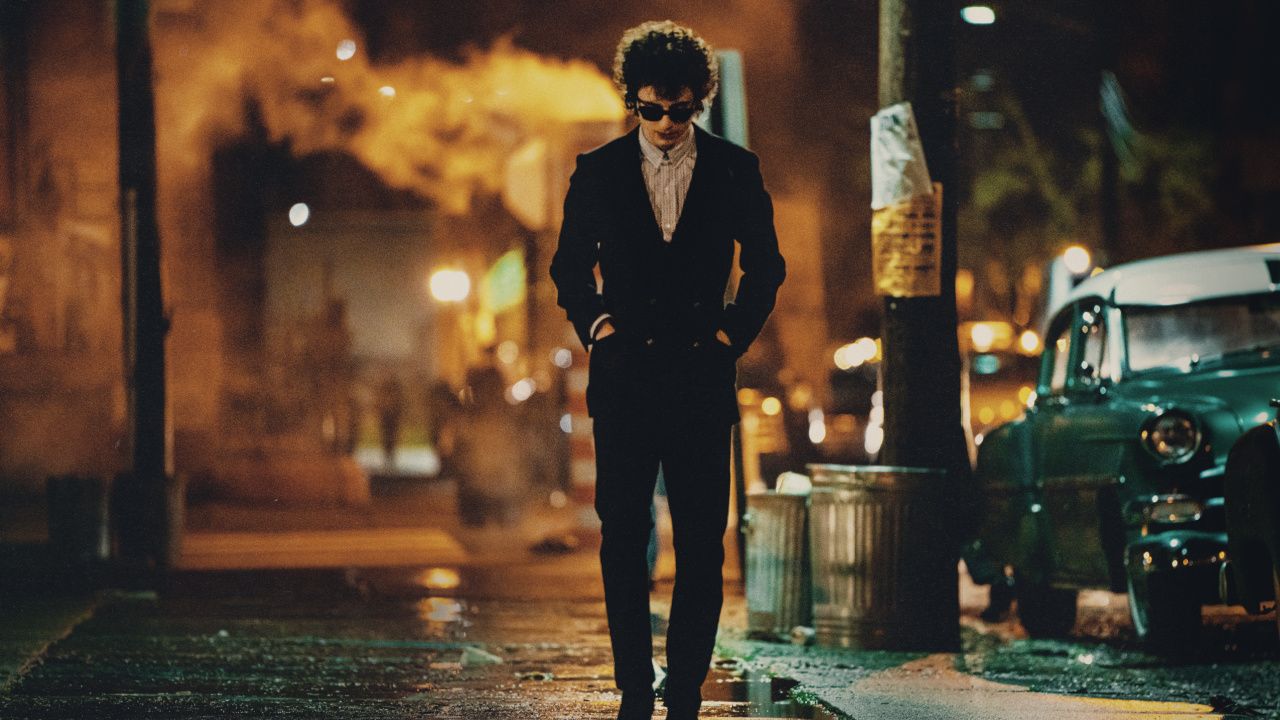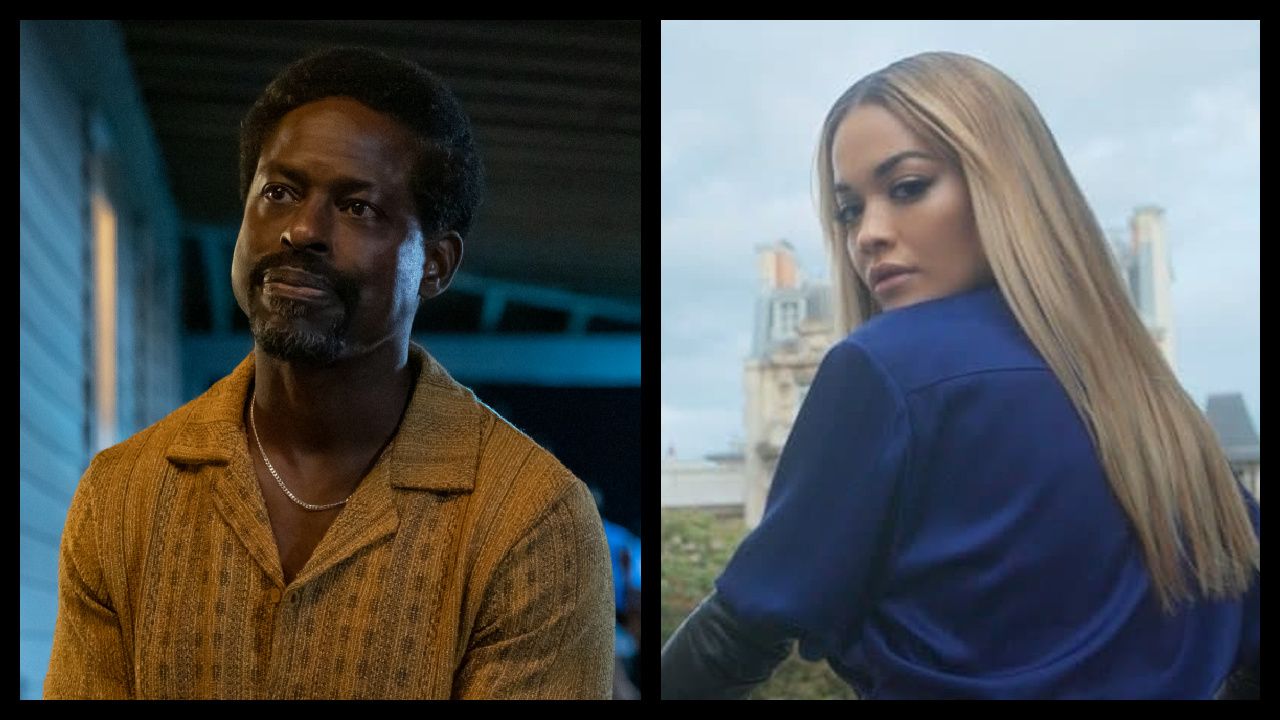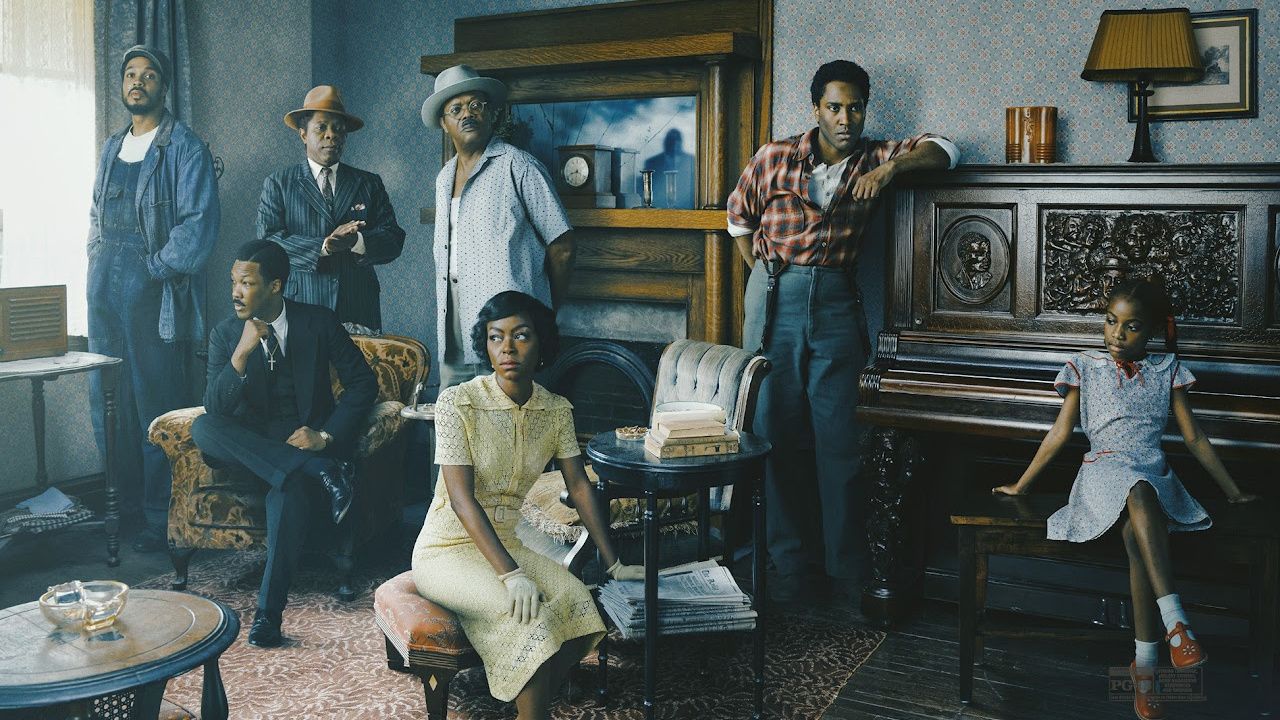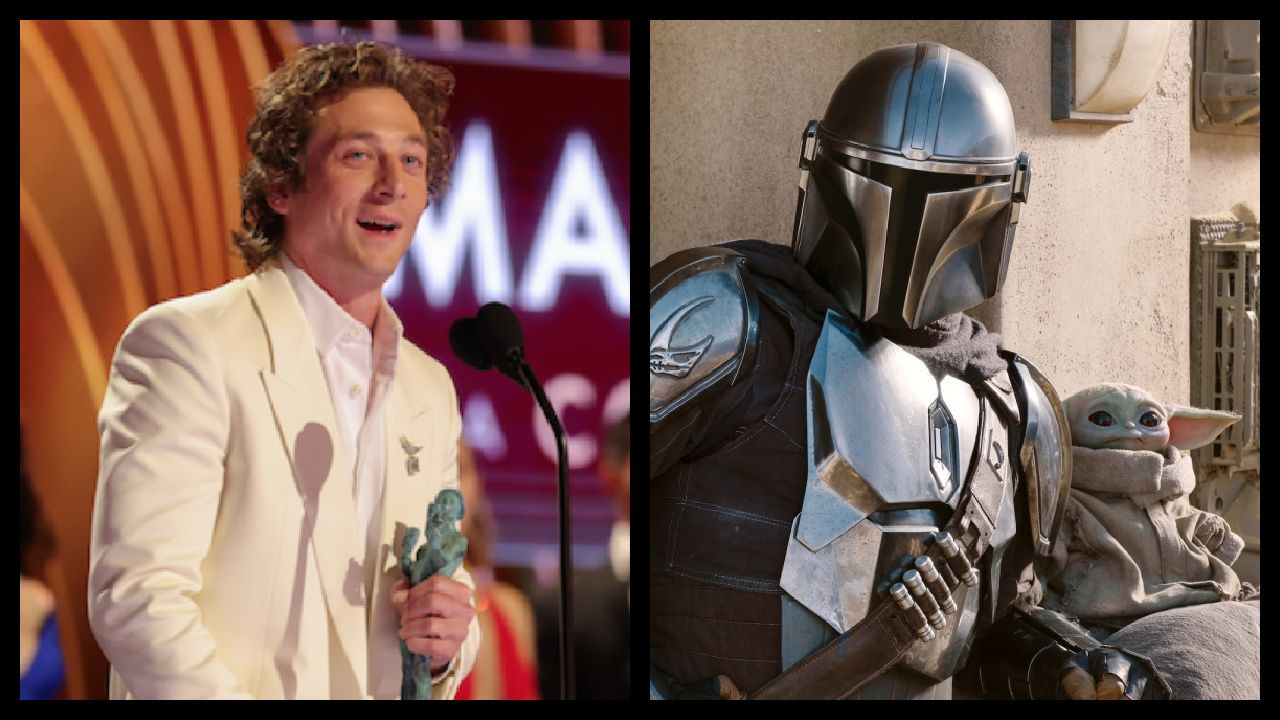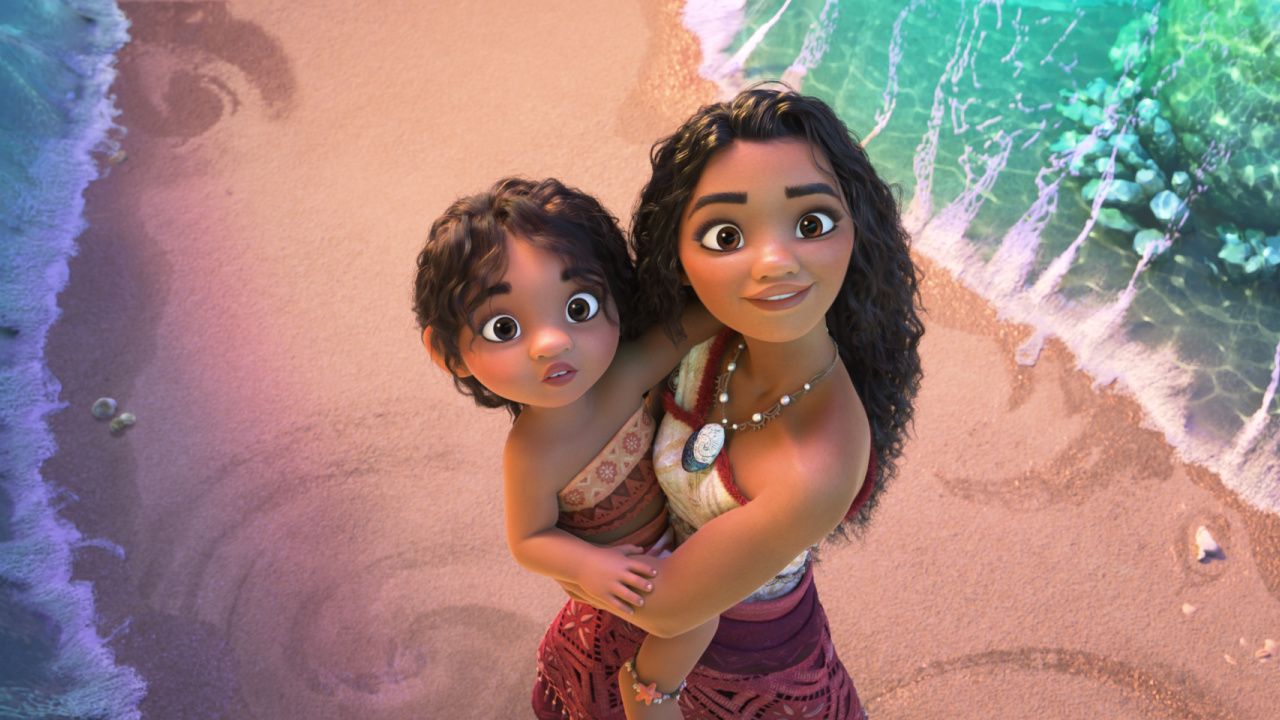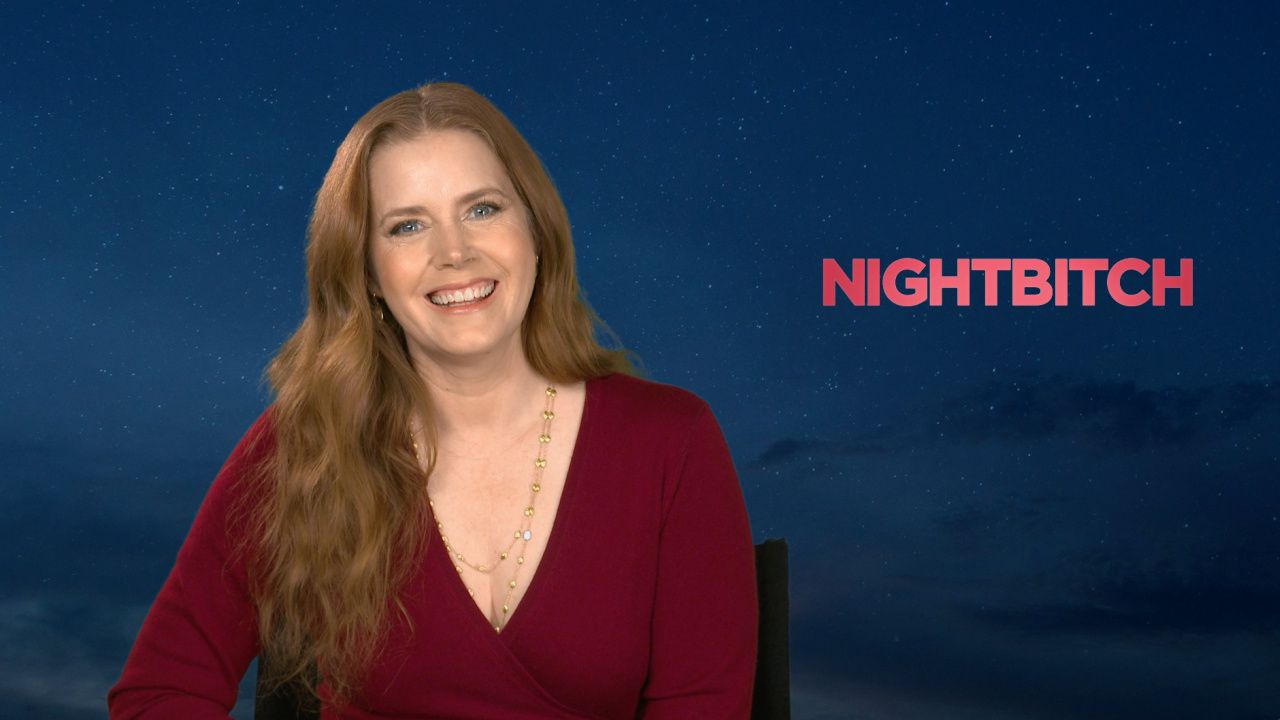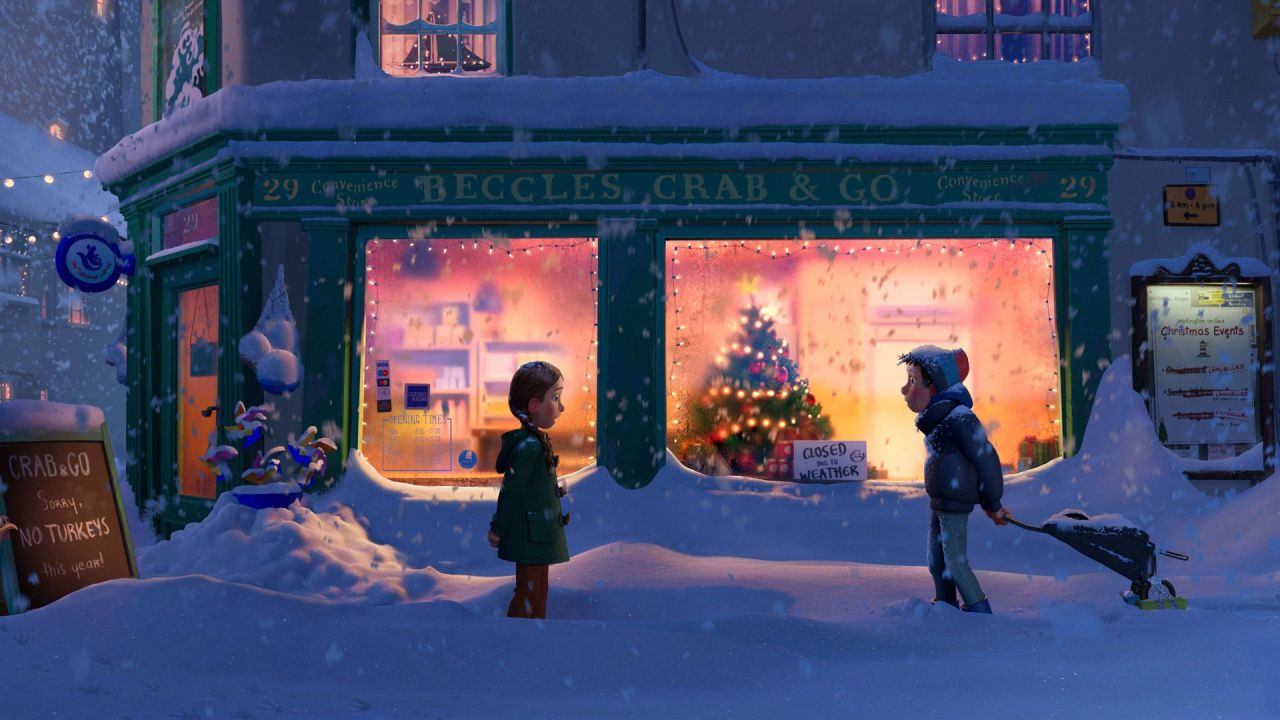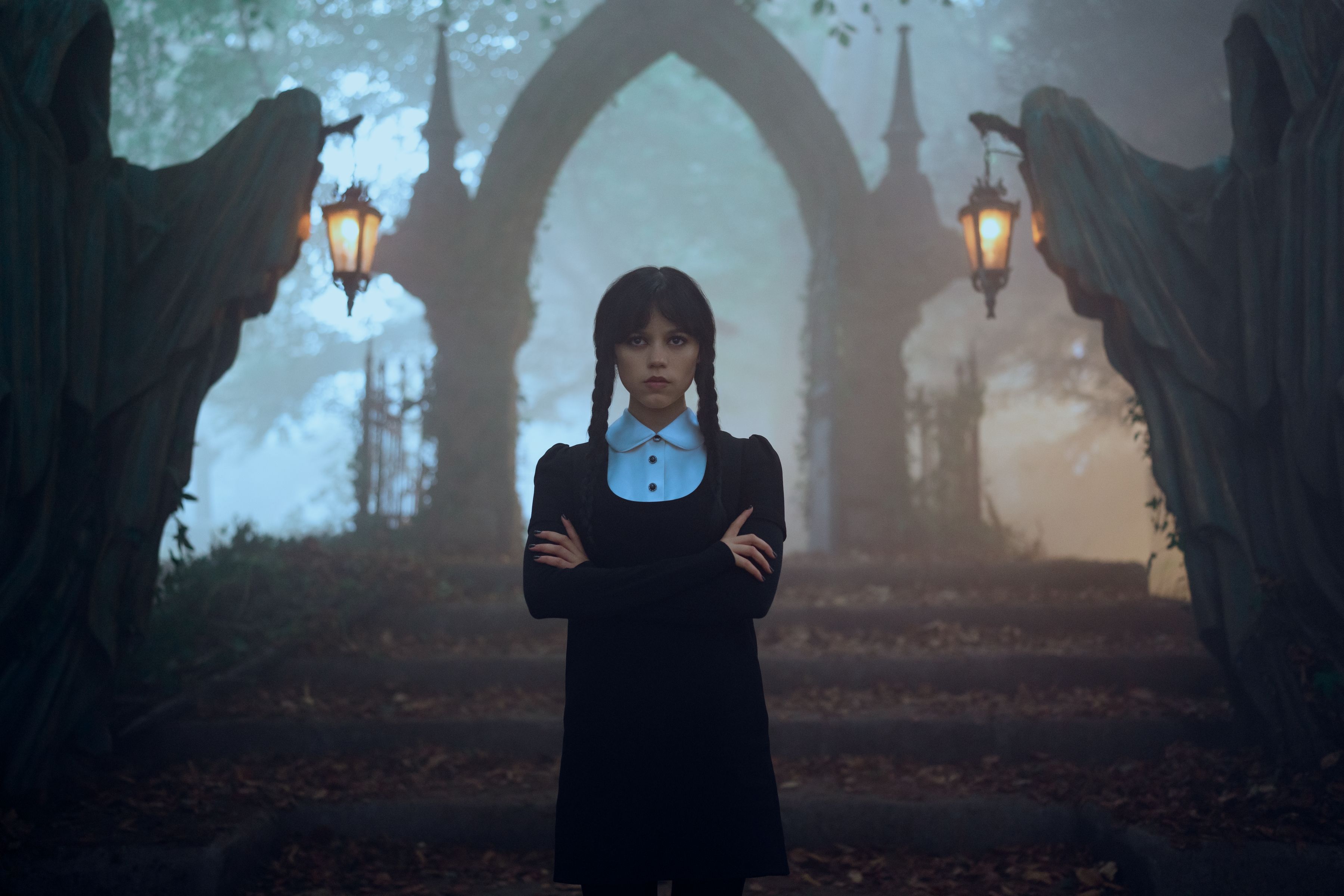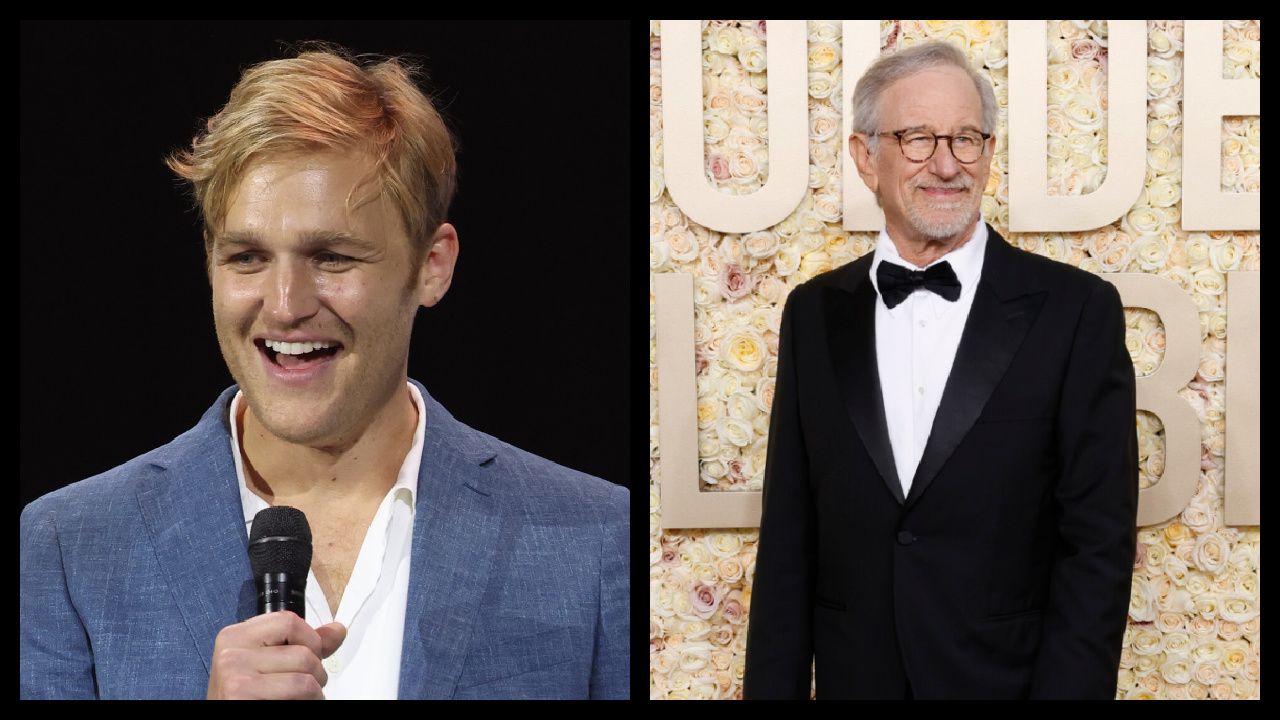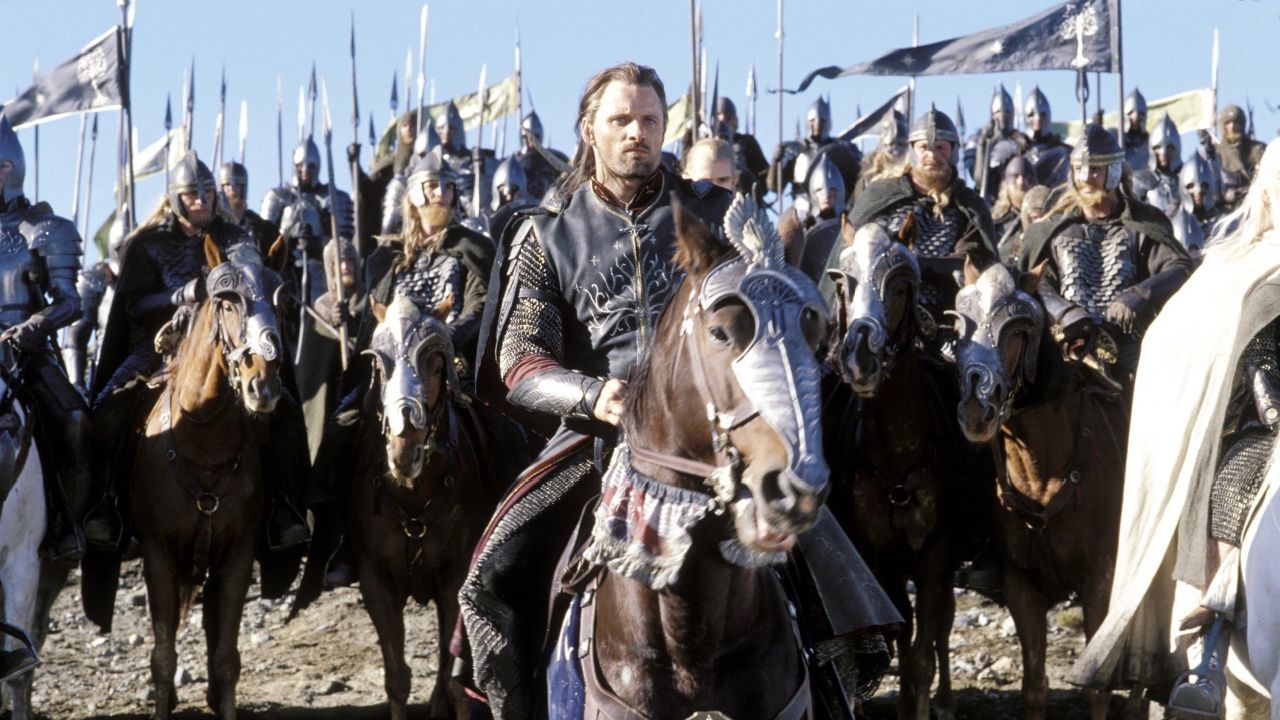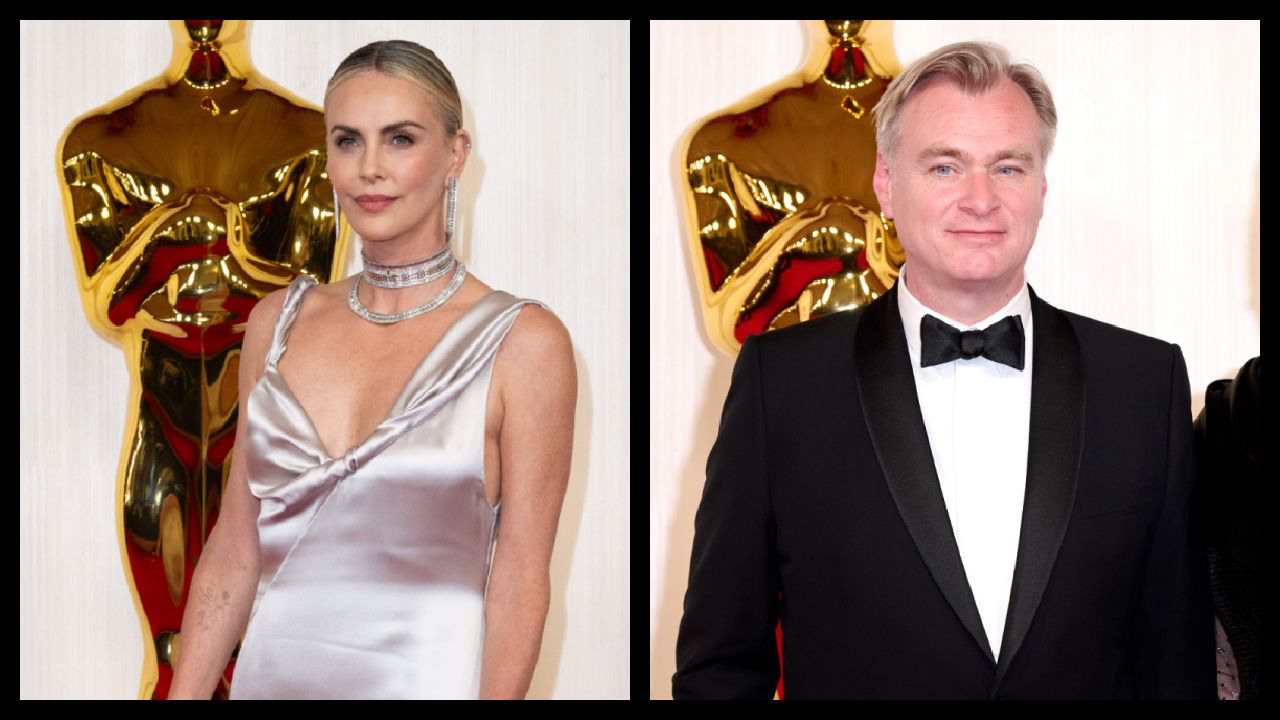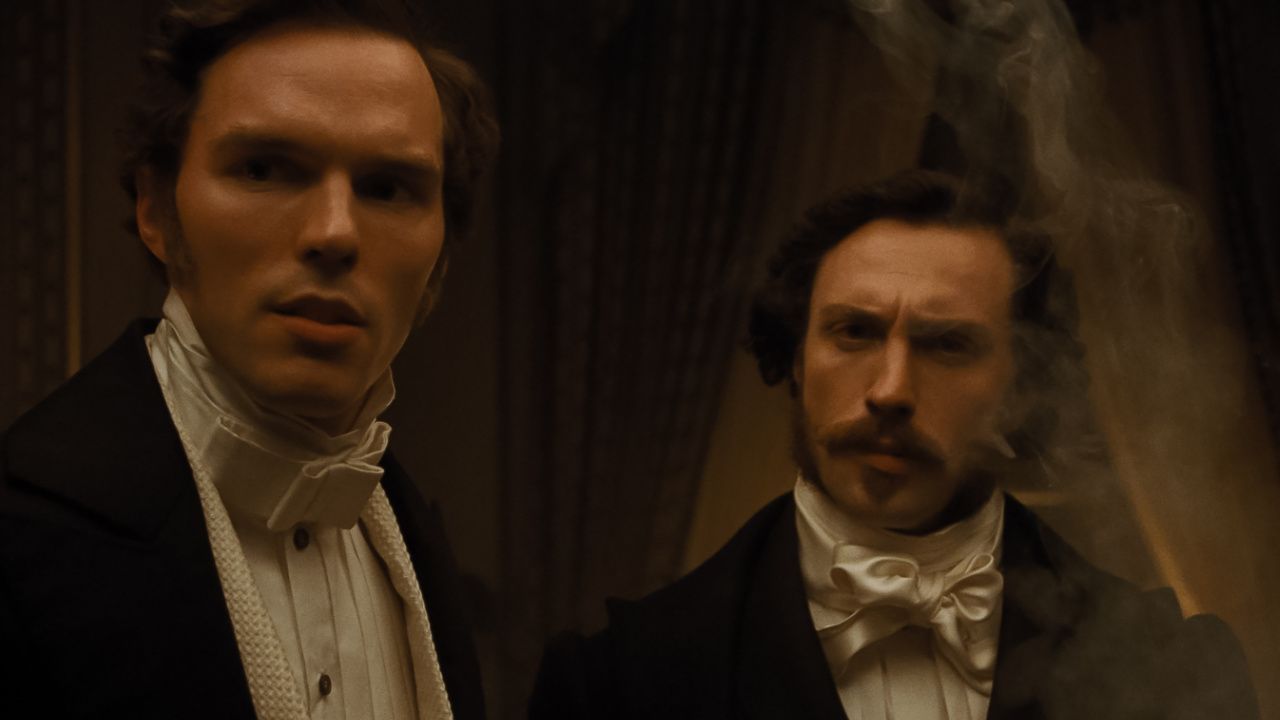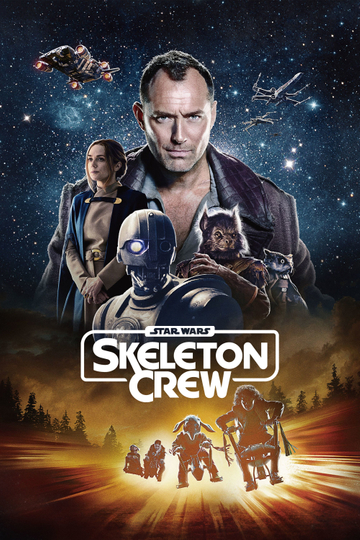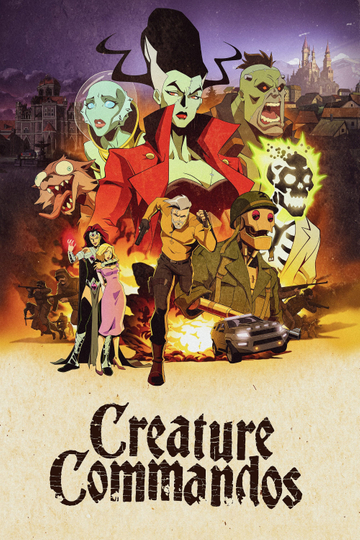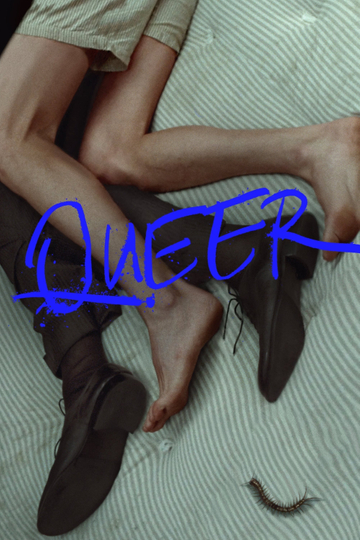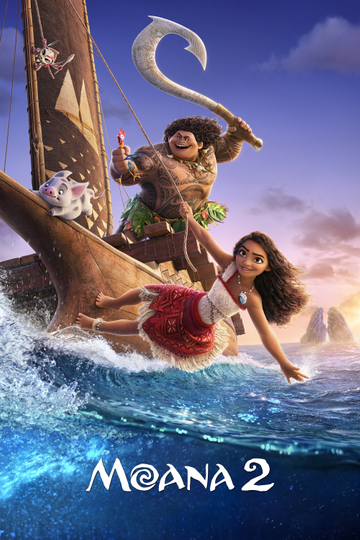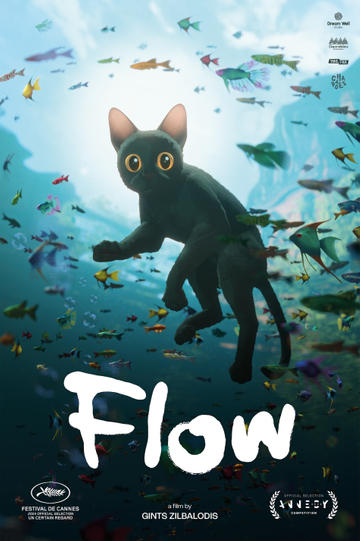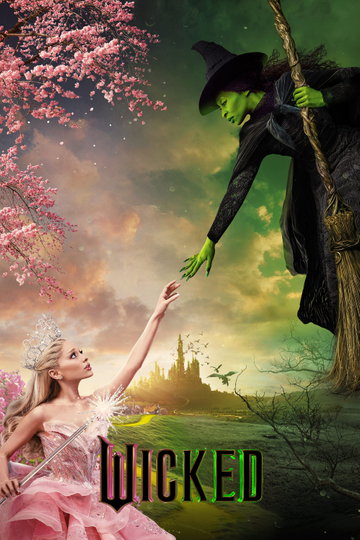'Incredibles 2' Review: It's Good, but Not Great
Smart, thrilling but strangely ephemeral, "Incredibles 2" is a great example of what happens when anticipation works against the success of a movie.
It's been 14 years since director and writer Brad Bird delivered his original tale of a crime-fighting family and the society that may or may not want it, but several cinematic universes -- and too many lackluster Pixar sequels later -- Bird's follow-up lacks its predecessor's freshness, not the least of which because Bird chooses to pick up right where he left off, and even take a few steps backward in several instances. Nevertheless, another mostly successful combination of the brisk, operatic action and recognizable familial strife that made the first film so appealing, this sequel works much better when it's exploring the filmmaker's ideas dramatically than when it's serving as a soapbox for cranky opinions about technology, parenting, and gender roles.
The film opens with The Incredibles' showdown with the Underminer (John Ratzenberger), the villainous mole man whose arrival at the end of the first film signaled the family's readiness to work together -- or so they thought. Underminer escapes, and the ensuing destruction of Metroville caused by his equipment closes the door on the possibility of legalizing superheroes. Thankfully, Helen (Holly Hunter) and Bob (Craig T. Nelson) discover a pair of new advocates in Winston Deavor (Bob Odenkirk) and his sister Evelyn (Catherine Keener), telecommunications tycoons who want Elastigirl to lead the charge in changing public perception about the Incredibles and their gifted colleagues.
As Helen heads off to stop crime and generate some positive press coverage, Bob agrees to stay home with Violet (Sarah Vowell), Dash (Huck Milner), and Jack-Jack (Eli Fucile), discovering it takes a different kind of hero to juggle the daily responsibilities of childcare. But when a new supervillain calling himself the Screenslaver perpetrates an escalating series of crimes against allies to the superhero cause, Helen must work twice as hard not only to protect Metroville, but their fleeting opportunity for legitimacy -- even as the separation from her husband and kids begins to exert a greater toll on the whole family.
While it makes sense for Bird to not move too far past the events of the previous film -- he cleverly conceived each of the characters to suit the mindset, or energy level, of parents and children at certain ages -- the fact that he immediately walks back the prospect of Supers gaining legal status feels like a sequel idea that would (and should) be called out for its laziness. (Like, say, killing off the closest loved one of a superhero who spent the entire first movie trying to reconnect with her.) But what's more disruptive to the forward momentum of this movie than that choice is the fact that the characters repeatedly stop to discuss that choice in, well, a lot more detail than a superhero movies needs in 2018.
Both of the "Captain America" sequels and "Avengers: Age of Ultron" (plus a few others) more or less explicitly examine the responsibility of heroes, the repercussions of their actions, and so forth; do we need to watch the Parrs bicker over the dinner table about laws that keep them from doing good, or shared drinks over the philosophical implications of heroes in a world of normal folks?
Additionally, Bird pays lip service to the unbalanced gender dynamics of both the Parr family and the Deavor family (Winston is CEO; Evelyn is a tech designer), but the conversations mostly sit there on screen, slowing down a story that sometimes is making wonderful strides forward and other times feels disappointingly regressive.
In 2018, what's new or original about Bob's chauvinist struggle to "be okay" with Helen going out into the world while he stays home with the kids? Or, that he has trouble adapting to more "domestic" responsibilities like babysitting, homework, and emotional support? "Mr. Mom," starring Michael Keaton, covered this territory 35 years ago. Meanwhile, there's a whole conversation about how people will readily sacrifice "quality for ease," and the movie features a villain who rails against dependency on screens and devices. Both certainly ring true, but they ultimately just reinforce so many other ideas in the movie that sound like Dad Rants, especially when they only peripherally tie into the actual events of the rest of the story.
That said, there are still many pleasures to be found in the film, which tries with moderate success to move past these underwhelming plot strands as briskly as possible, and tackle a few with exactly the kind of incisive specificity that made the first film such a jazzy, relatable ride. (Bob's effort to help Violet reconnect with a boy she likes unfolds with the right kind of sweet, well-intentioned naivete that many other parts of the movie handle with, well, just too much impatience or exasperation.)
Though some of the Jack-Jack scenes feel like isolated vignettes better suited for the special features of the movie's home video release, Bird finds some interesting ways to utilize the character's unpredictable powers (and personality) to great comedic dividends. Additionally, it handles its action scenes even better than last time (Bird clearly picked up a few things from working on "Mission: Impossible - Ghost Protocol"); a motorcycle chase in the middle of the film is fluid, fast-paced, and exhilarating, and unlike similar sequences in so many other animated movies, here it exudes a real sense of danger and suspense.
Ultimately, what Bird has created with "Incredibles 2" is an expected sequel to the first film, but also one that doesn't quite feel fully worthy of it -- something that rewards our wait, but doesn't necessarily amplify or transcend what made its predecessor so fun, exciting, and unique.
Of course, maybe that's "enough" when so many sequels drop off precipitously in quality; but after a movie called "Incredibles" lives up to its name and then some, it's hard for "No, Really, It's Very Good" not to feel a like at least a little bit of a disappointment.
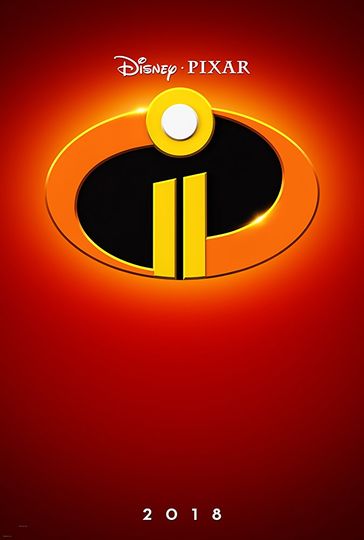
Incredibles 2











